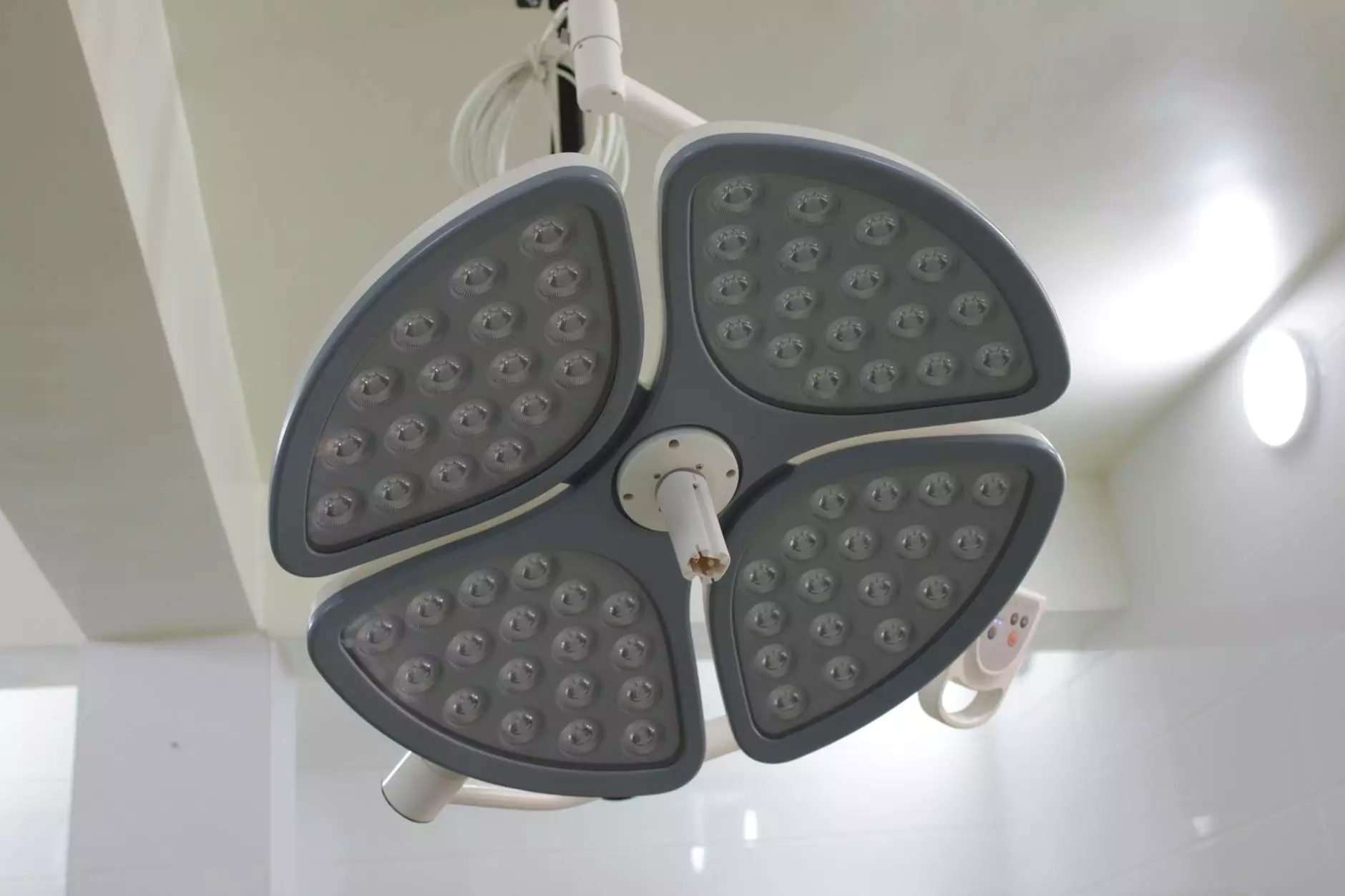Lung Doctor Singapore: Your Comprehensive Resource for Lung Health

Maintaining optimal lung health is essential for a quality life. Whether you are an athlete or someone looking to improve general health, visiting a lung doctor in Singapore is crucial. This article provides an in-depth look at the roles and responsibilities of lung doctors, common lung diseases, and the treatment options available in Singapore, along with valuable tips for preventing respiratory problems.
Understanding the Role of a Lung Doctor
A lung doctor, also known as a pulmonologist, specializes in diagnosing and treating diseases of the lungs and respiratory system. They manage various conditions including:
- Asthma
- Chronic Obstructive Pulmonary Disease (COPD)
- Pneumonia
- Lung Cancer
- Interstitial Lung Disease
These specialists play a vital role in patient care, helping individuals to understand their conditions and providing tailored treatment plans.
Why Consult a Lung Doctor in Singapore?
Singapore is known for its advanced healthcare system, making it a hub for medical expertise, especially in the field of respiratory health. Consulting a lung doctor in Singapore can offer numerous benefits, including:
- Access to Innovative Treatments: Singapore’s medical facilities are equipped with cutting-edge technology.
- Highly Qualified Specialists: Many pulmonologists in Singapore have trained internationally and are adept at managing complex conditions.
- Multidisciplinary Approach: Collaborations with other health professionals such as physiotherapists and nutritionists to provide comprehensive care.
- Personalized Care Plans: Each treatment plan is tailored to meet the specific needs of the patient.
Common Lung Diseases Diagnosed by Lung Doctors
Understanding the major lung diseases can empower you to seek help timely. Here are some of the most prevalent conditions:
1. Asthma
This chronic condition causes inflammation and narrowing of the airways, leading to wheezing, shortness of breath, and chest tightness. A lung doctor conducts lung function tests and prescribes inhalers or medications to manage symptoms effectively.
2. Chronic Obstructive Pulmonary Disease (COPD)
COPD encompasses chronic bronchitis and emphysema. It is primarily caused by long-term exposure to irritants such as cigarette smoke. Treatment often involves medication, pulmonary rehabilitation, and lifestyle changes.
3. Lung Cancer
Lung cancer is one of the most serious lung diseases, characterized by uncontrolled cell growth in lung tissue. Early diagnosis and treatment are crucial, and a lung doctor utilizes imaging tests and biopsies to confirm the diagnosis and create a treatment plan.
4. Pneumonia
This is an infection that inflames the air sacs in one or both lungs, potentially filling them with fluid. Antibiotics, rest, and hydration are primary treatment methods, but hospitalization may be required for severe cases.
5. Interstitial Lung Disease
This group of diseases affects the lung tissue itself, leading to stiffness and scarring that can obstruct airflow. A lung doctor will typically rely on imaging tests and lung biopsies to diagnose and assess the extent of the disease.
Diagnostic Methods Used by Lung Doctors
To effectively diagnose lung diseases, pulmonologists employ various diagnostic tools, including:
- C chest X-rays: To visualize the lungs and identify abnormalities.
- CT Scans: Providing more detailed images of lung structures.
- Pulmonary Function Tests: Assessing lung capacity and efficiency.
- Bronchoscopy: Allowing direct visualization of the airways to collect samples.
- Laboratory Tests: Including blood tests and sputum analysis to identify infections or conditions.
Treatment Options Offered by Lung Doctors
After diagnosis, lung doctors will recommend appropriate treatment strategies based on the specific condition. Common treatments include:
1. Medications
Various medications may be prescribed, such as bronchodilators, corticosteroids, antibiotics, or chemotherapy drugs, depending on the diagnosis.
2. Pulmonary Rehabilitation
This is a structured program providing education, exercise training, and support to improve the quality of life for patients with chronic respiratory diseases.
3. Oxygen Therapy
For patients experiencing severe difficulty in breathing or low oxygen levels, supplemental oxygen may be recommended.
4. Surgery
In some cases, surgical intervention is necessary, especially for conditions such as lung cancer or severe emphysema.
Preventing Lung Diseases: Tips and Recommendations
Prevention is crucial in maintaining lung health. Here are some tips to consider:
- Avoid Smoking: If you're a smoker, seek help to quit. Avoid exposure to secondhand smoke.
- Stay Active: Exercise regularly to improve lung capacity and overall health.
- Maintain a Healthy Diet: A balanced diet rich in vitamins and minerals supports immune function.
- Get Vaccinated: Keep up-to-date with vaccines such as the annual flu shot and pneumococcal vaccines.
- Minimize Allergens: Keep your living space free of dust, mold, and other allergens that can irritate the lungs.
- Regular Check-Ups: Schedule regular health screenings and consult a lung doctor when experiencing symptoms.
Finding the Right Lung Doctor in Singapore
Choosing the right lung specialist is vital for effective treatment. Here are some factors to consider:
- Qualifications: Ensure the doctor is board-certified and has relevant experience in treating the specific lung condition.
- Hospital Affiliations: Look for specialists affiliated with reputable hospitals known for respiratory care.
- Patient Reviews: Research online reviews and testimonials from previous patients to gauge their experiences.
- Communication Style: A good doctor should listen to your concerns and explain treatment options clearly.
Conclusion
Your lung health is paramount, and consulting a qualified lung doctor in Singapore is an essential step towards maintaining that health. From understanding the various lung diseases to exploring treatments and preventive measures, this guide serves as a comprehensive resource for individuals seeking information on lung health. Whether it’s a minor issue or a chronic condition, don't hesitate to reach out for professional assistance and prioritize your respiratory wellbeing.
By taking proactive steps and engaging with healthcare providers, you can significantly enhance your quality of life and respiratory health. Remember, knowledge is power, and proactive measures pave the path for healthier lungs.
lung doctor singapore








